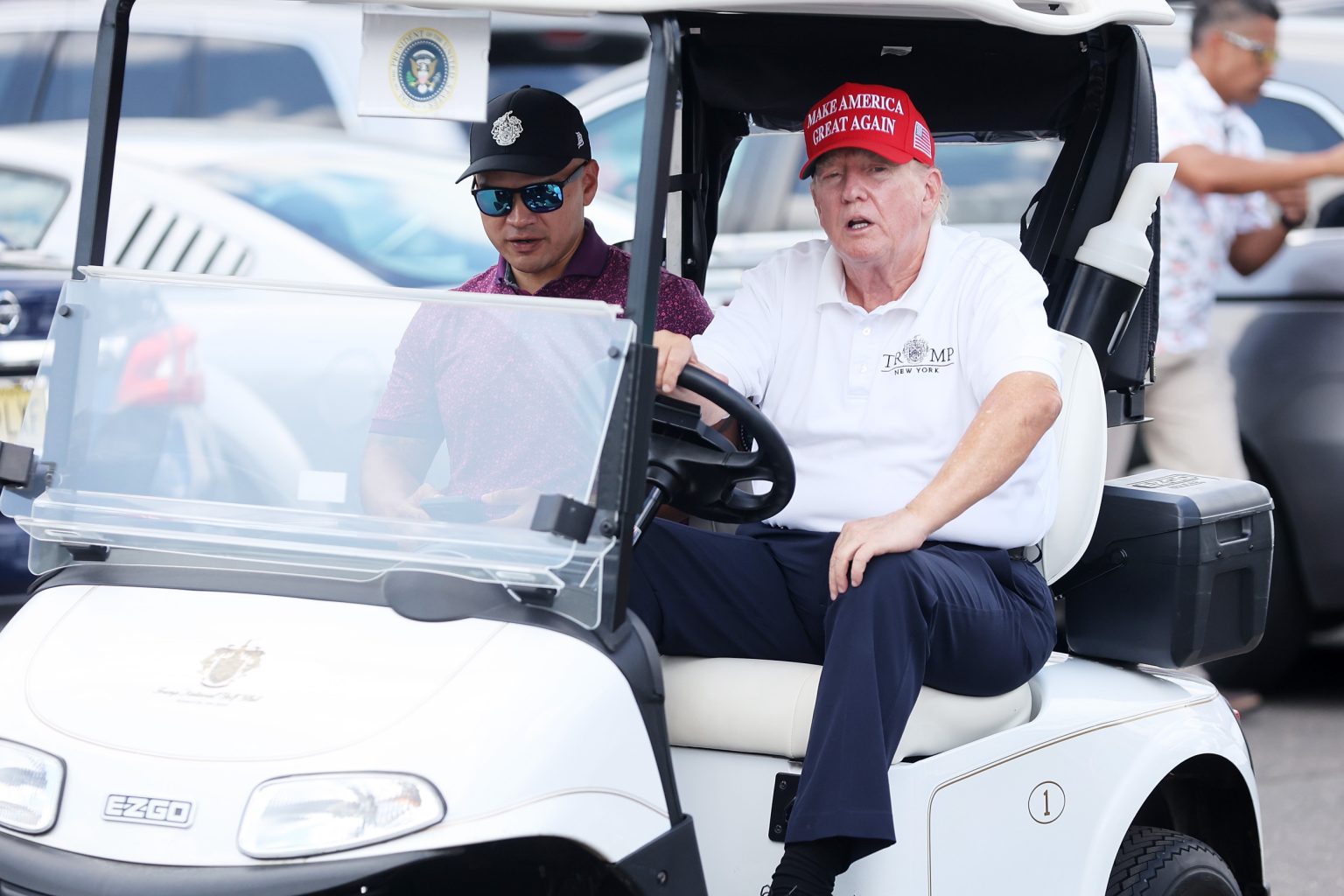In the case involving former President Donald Trump and his co-accused Walt Nauta, the judge has ordered an explanation from Nauta for filing a motion late for the second time in two weeks. This order is considered rare by legal experts and comes after the chief prosecutor accused Nauta of attempting to delay the trial by providing changing reasons for filing late documents. Trump is facing 40 federal charges related to hiding classified documents at his Mar-a-Lago estate and obstructing authorities trying to retrieve them. Trump has pleaded not guilty to all charges.
Nauta and Carlos De Oliveira, a Mar-a-Lago maintenance worker, are accused of moving sensitive materials around Trump’s Florida home to prevent federal agents from finding them. They are also accused of conspiring to delete security footage sought under a subpoena. Judge Cannon has demanded that Nauta provide a written explanation for filing a redacted motion late, which failed to comply with the court’s instructions. The motion sought permission to use some discovery documents to undermine the prosecution’s case, with paragraphs blacked out to protect witnesses and classified information.
The prosecution has accused Nauta of repeatedly changing tactics to delay the trial, citing reasons ranging from his lawyer’s vacation to nonexistent disclosure delays. In response to Nauta’s latest basis for delay, which claimed insufficient discovery, the prosecutor Jack Smith stated that Nauta has been provided with technical support, indexing, and additional materials beyond what is typically provided in criminal cases. Smith criticized Nauta for trying to paint a confusing and misleading picture of the state of discovery in his motion. Judge Cannon’s order for Nauta to provide a written explanation highlights the frustration with the ongoing delays in the case.
The legal website Law And Crime has highlighted the rarity of Judge Cannon’s order and the unusual circumstances surrounding the handling of the classified documents found at Mar-a-Lago. Nauta’s attempt to use some of the discovery documents to undermine the prosecution case has raised concerns about protecting sensitive information and witnesses. The blacked-out paragraphs in his motion indicate the delicate balance between transparency and confidentiality in such cases. The judge’s demand for an explanation reflects the need for clarity and adherence to court instructions in a complex and high-profile trial involving a former president and his associates.
The case involving Trump, Nauta, and De Oliveira continues to face delays and challenges related to the handling of classified documents and the defendants’ tactics to delay the trial. The prosecutor’s accusations of Nauta’s various excuses for delay and attempts to paint a misleading picture of the state of discovery underscore the contentious nature of the legal proceedings. Judge Cannon’s order for Nauta to explain the late filing of the motion further complicates the already complex case, highlighting the importance of timely and transparent legal procedures in a case of national significance. As the trial progresses, the handling of sensitive materials and adherence to court instructions will remain crucial elements in achieving a fair and just outcome.


